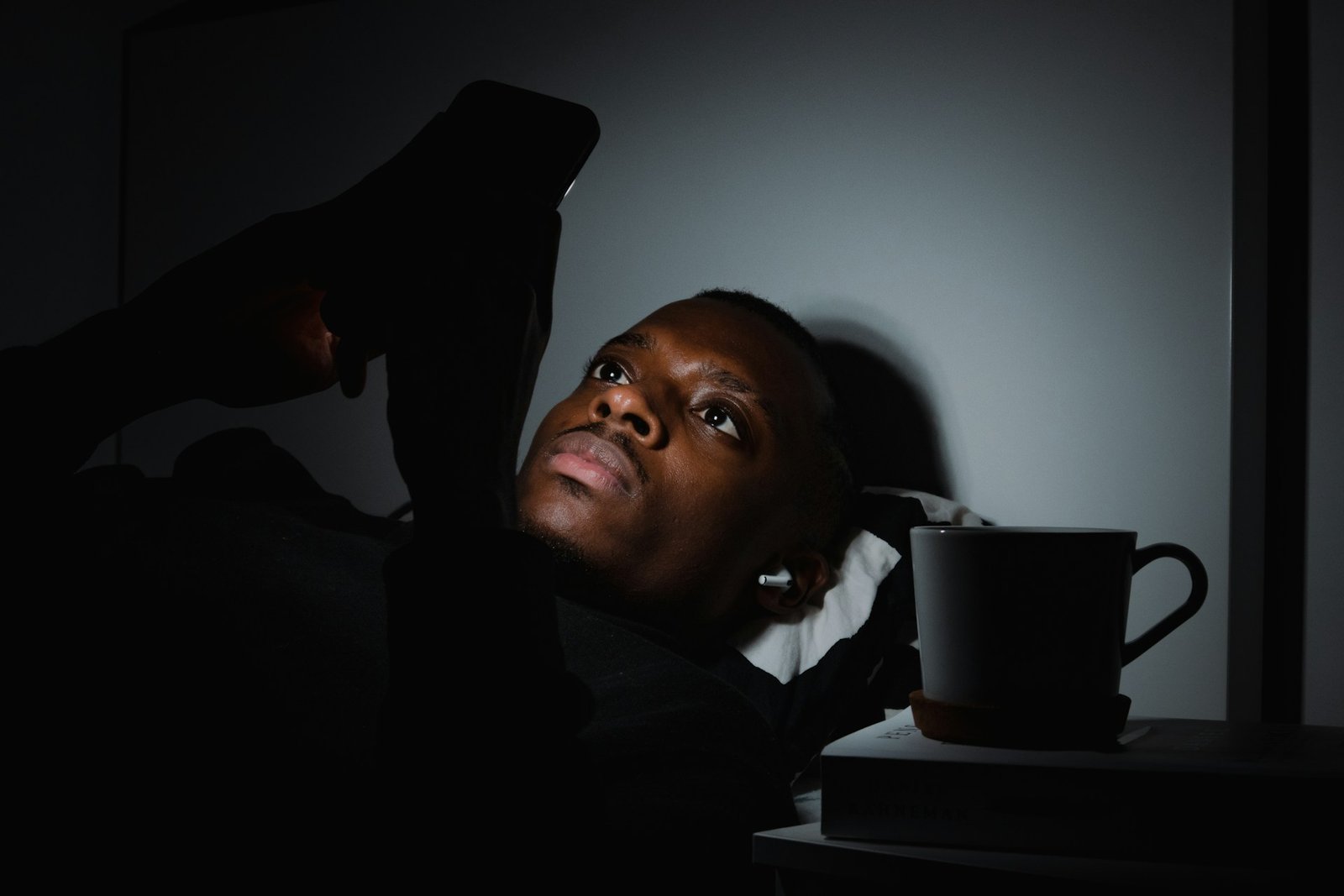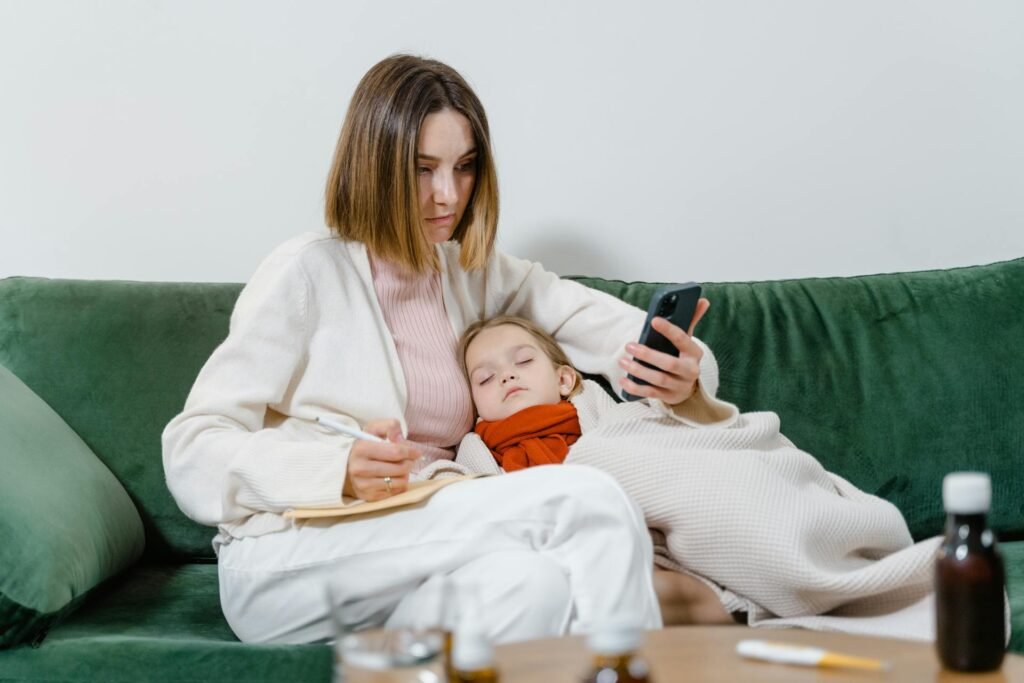How Phones Disrupt Sleep and Health: What we can do?

In today’s world, mobile phones are everywhere. Many of us use them right before bed, but this habit can harm our sleep and overall health. Even studies have also shown how phone is making our life worst. Let’s explore how using screens at night affects us and what we can do about it.
How Phones Affect Sleep
Blue Light and Sleep Hormones
Mobile devices give off blue light, which can disrupt our sleep. This light stops our bodies from making melatonin, the hormone that helps us sleep. When melatonin levels drop, it becomes harder to fall asleep.
Delayed Sleep and Poor Quality
Using your phone in bed can delay how quickly you fall asleep. Research shows that for every five minutes spent on a phone, sleep can be delayed by four minutes. This can lead to less sleep overall.
The Mental Impact
Difficulty Winding Down
Scrolling through social media or reading news on your phone can keep your brain active. This makes it hard to relax and prepare for sleep. Many people end up staying up later than they planned because they get caught up in their screens.
Mood Changes
Using phones late at night can also affect your mood. Studies show that more screen time is linked to increased feelings of anxiety and depression, especially in kids and teens.
Physical Health Issues
Text Neck Syndrome
Prolonged use of mobile devices, especially in bed, often leads to poor posture. This can result in a condition known as “text neck,” characterized by:
- Neck pain and stiffness
- Upper back pain
- Shoulder pain and tightness
- Headaches
Long-term Consequences
Consistent poor posture while using mobile devices can lead to more serious long-term issues:
Reduced mobility and flexibility
- Cervical spine misalignment
- Increased risk of herniated discs
- Muscle strain and imbalances
Long-term Health Risks
Not getting enough good-quality sleep can lead to serious health problems like heart disease, diabetes, and obesity.
Effects on Kids and Teens

Less Interaction with Parents
When parents use their phones a lot around young children, it can reduce the time spent talking and interacting. This can affect a child’s development.
Feeling Disconnected
Teens often feel sad or lonely when their parents are distracted by their phones. This can hurt relationships and make it harder to communicate openly.
Impact on School Performance
Poor sleep from late-night phone use can lead to lower grades and difficulty focusing in school for both kids and teens.
How to Change the Habit
Set a Digital Curfew
Try to stop using devices at least one hour before bedtime. This helps signal to your body that it’s time to wind down.
Create a Phone-Free Bedroom
Keep phones out of the bedroom or at least away from the bed. Consider using a regular alarm clock instead of your phone.
Use Blue Light Filters
Many devices have settings that reduce blue light in the evening. Turn these on to help minimize the impact on your sleep.
Develop a Relaxing Routine
Instead of screen time, try calming activities like doing some yoga, exercise, reading a book or listening to soft music before bed.
Conclusion
While mobile phones are useful, using them before bed can hurt our sleep and health. By making simple changes to our habits, we can improve our well-being and enjoy better sleep. Remember, a good night’s sleep is important, and the digital world will still be there when you wake up!







